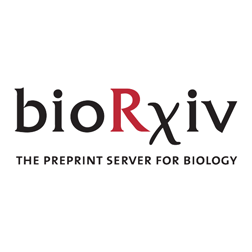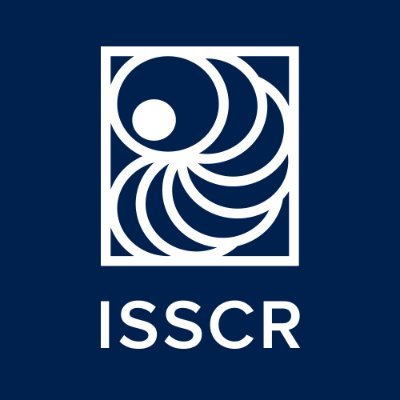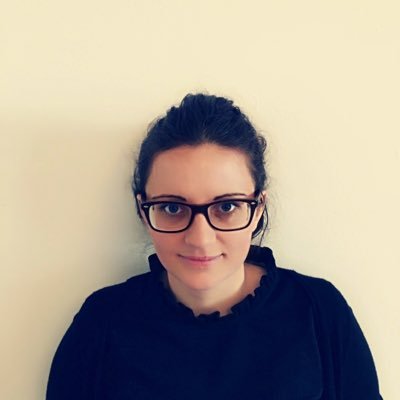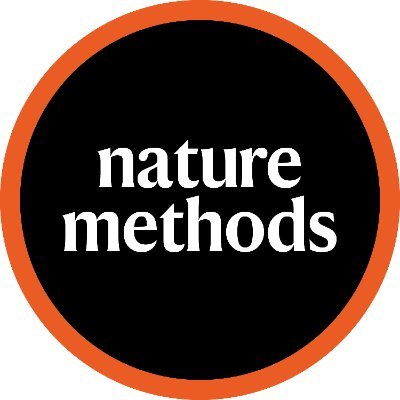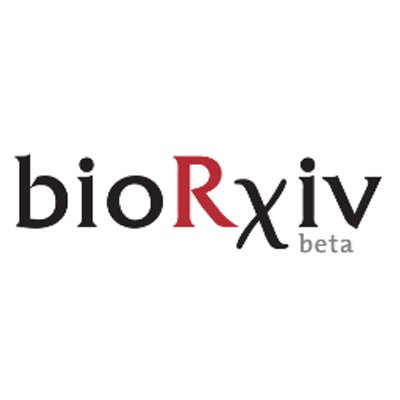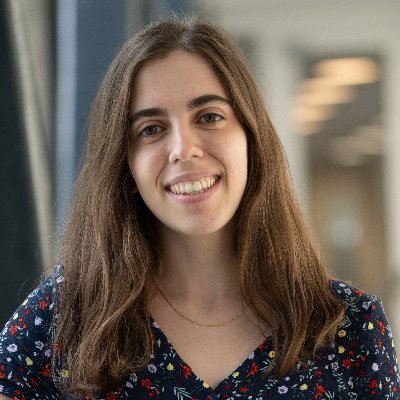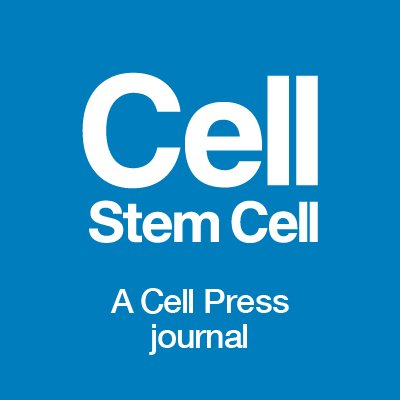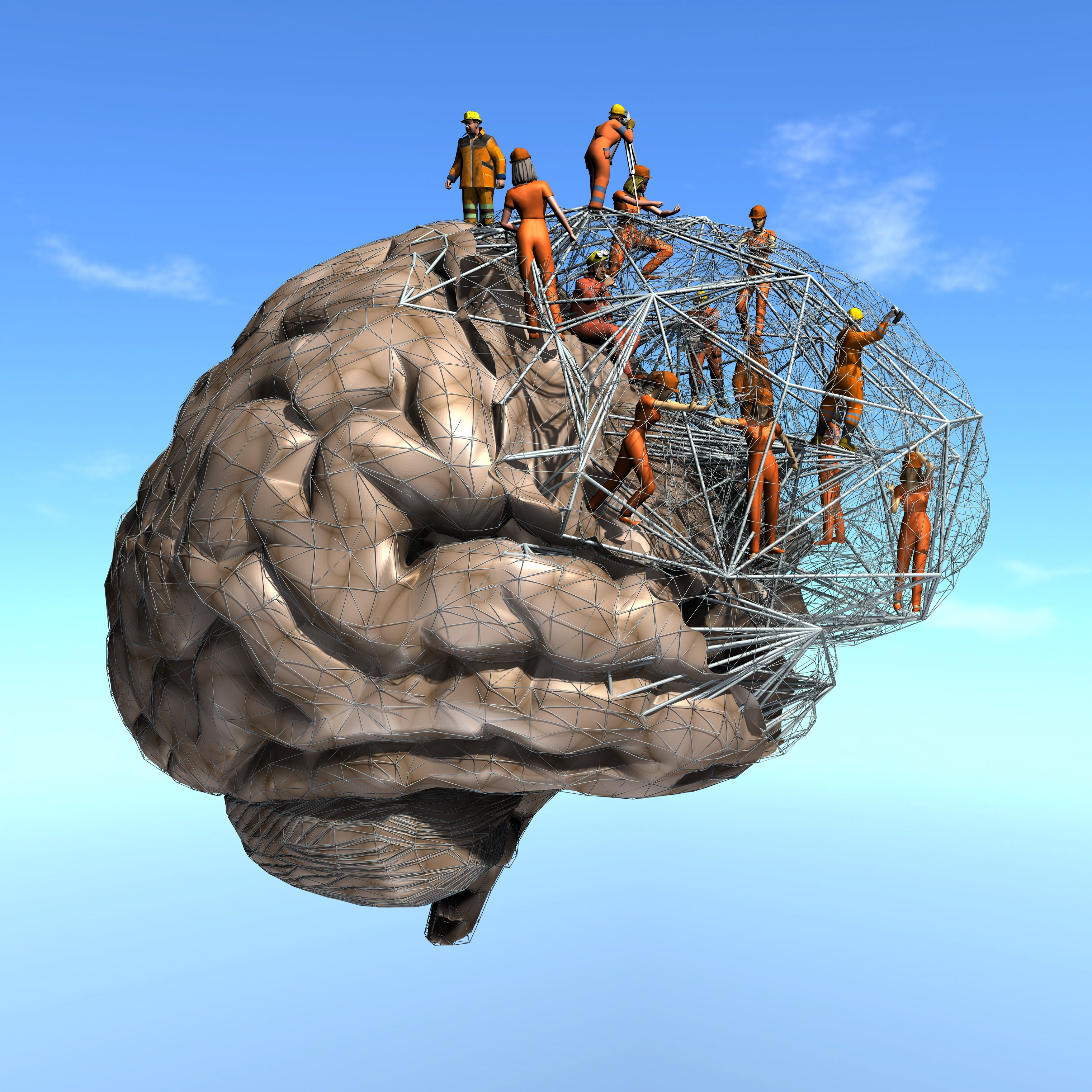
The Knoblich Lab
@Knoblich_lab
Followers
4K
Following
203
Media
96
Statuses
377
Research group @IMBA_Vienna and the @viennabiocenter.
Vienna, Austria
Joined March 2019
🎉 As the year winds down, we are filled with gratitude for an inspiring year of science, collaboration, and discovery. Wishing you all a joyful festive season and a bright, groundbreaking 2025 ahead! 🧬🔬🌟
0
1
41
Increased stress through #DNAbreaks with simultaneous inhibition of #DNArepair in the #tumourcell. ️A team from #MedUniVienna and #UniversityHospitalVienna identified a new therapeutic approach for diffuse hemispheric #glioma. ➡ https://t.co/NgX5nJZHft
@gojojohannes @NeuroOnc
meduniwien.ac.at
0
4
8
A new preprint from the @Knoblich_lab and colleagues from @MaxPerutzLabs and @CeMM_News characterizes how different protocols and starting cell lines affect the variety of cell types in brain organoids. The team also proposes improved protocols for producing brain organoids.
Excited to share our latest preprint (@biorxivpreprint) on brain organoid development. Lead by Julia Naas and Meritxell Balmaña (@txellbalmana) with Arndt von Haeseler, Christopher Esk (@christopher_esk) and colleagues across Vienna. @MaxPerutzLabs, @IMBA_Vienna, @CeMM_News.
0
4
8
All data is easily accessible in our Vienna brain organoid data explorer. You can look for your favorite gene or search for entire biological processes based on GO Terms. Check it out: https://t.co/X41LWB2juY
0
2
9
We also provide RNA-seq data for cell lines in all protocols across organoid development. We quantify sources of variability (1. organoid developmental stage, 2. protocol, 3. cell line) and provide early signatures consistent with protocol-driven organoid derivation.
1
0
2
By comparison with fetal reference data, we can show that protocol-driven cells largely match cell types found in vivo while cell line-driven cells contribute to in vitro specific cell types.
1
0
1
Using scRNA-seq and a new measure for comparing scRNA-seq datasets from various sources, the NEST-score, we find protocol-driven cells (generated from many cell lines) as well as outlier, cell line-driven cells (generated from a single cell line only) for each protocol.
1
0
1
We characterized four regional brain organoid protocols across several cell lines using scRNA-seq on mature organoids and RNA-seq over time to generate a large fraction of human brain cells in vitro.
1
0
3
Excited to share our latest preprint (@biorxivpreprint) on brain organoid development. Lead by Julia Naas and Meritxell Balmaña (@txellbalmana) with Arndt von Haeseler, Christopher Esk (@christopher_esk) and colleagues across Vienna. @MaxPerutzLabs, @IMBA_Vienna, @CeMM_News.
1
15
68
Save the date for the Athens International Symposium on 3-4 April 2025! Join scientists as they share their latest research on neural stem cells. Registration & abstract submission will open in October 👉 https://t.co/RxcP5OG9RT
@VanderhaeghenP2 @studerl @BrunetLab @Knoblich_lab
0
1
15
New paper alert! The @Knoblich_Lab partnered with researchers at the @humantechnopole and @unimib to develop new brain organoids with distinct cortical areas and front-to-back patterning and study human-specific brain development and disorders. Read more: https://t.co/400ZaVys6U
0
7
29
Excited to share this work now published @naturemethods and to have contributed to develop this interesting model of cortical patterning. A fantastic collaborative work with another @Knoblich_Lab alumnus @BosoneCamilla , @castaldi_davide @CarloEmanueleV1 @humantechnopole
New paper alert! The @Knoblich_Lab partnered with researchers at the @humantechnopole and @unimib to develop new brain organoids with distinct cortical areas and front-to-back patterning and study human-specific brain development and disorders. Read more: https://t.co/400ZaVys6U
1
6
39
I am beyond happy to share that our polarized cortical assembloid (polCA) paper is out today in Nature Methods!
nature.com
Nature Methods - Cortical development is influenced by morphogen gradients. To mimic patterning events during brain development, polarized cortical assembloids are generated with the help of a...
6
5
33
The @Knoblich_lab has developed polarized cortical assembloids with the help of a localized FGF8 source. This technology allows mimicking patterning events during brain development. @krenn_veronica @BosoneCamilla @castaldi_davide @gtesta72
https://t.co/NTi7mLKxF5
1
14
42
Chong Li, postdoc at the #Knoblich_Lab, will soon leave IMBA to take a new position as group leader at the Chinese Institute for Brain Research (@chinese_brain). Learn more about Chong’s journey at IMBA and his future position here: https://t.co/jBJBaAMTbl
0
3
20
Extremely grateful for the support of the @Knoblich_lab and @IMBA_Vienna during this postdoc journey, where I met amazing scientists from around the world! Excited to start my own group soon at CIBR to continue exploring some of the most fascinating areas of human brain research!
Chong Li, postdoc at the #Knoblich_Lab, will soon leave IMBA to take a new position as group leader at the Chinese Institute for Brain Research (@chinese_brain). Learn more about Chong’s journey at IMBA and his future position here: https://t.co/jBJBaAMTbl
8
4
62
Wohoo! Great work, @FahrenbergerM , on improving scRNA-seq analyses. Easy to use, implementation in Seurat workflow, better results across the board! Happy to have pitched in. Congratulations!
I m happy to present our latest preprint, and the main work of my PhD-project: "GTestimate: Improving relative gene expression estimation in scRNA-seq using the Good-Turing estimator" In this manuscript we introduce a new normalization method for scRNA-seq data.
0
1
2
I m happy to present our latest preprint, and the main work of my PhD-project: "GTestimate: Improving relative gene expression estimation in scRNA-seq using the Good-Turing estimator" In this manuscript we introduce a new normalization method for scRNA-seq data.
GTestimate: Improving relative gene expression estimation in scRNA-seq using the Good-Turing estimator https://t.co/s41FAne2QR
#biorxiv_bioinfo
2
4
9
We're at the cover of Cell Stem Cell. We're at the cover of Cell Stem Cell. We're a- (I can barely believe it. 🤯) We found out why some people are born without the main interhemispheric bridge. 🧠 👏 to @PhDexheimer for this beautiful illustration of the corpus callosum.
The June issue of CSC is live! The cover story😍😍😍 presents an organoid model of the corpus callosum, shown here as a bridge btwn metaphorical brain hemispheres/city skylines, which @Knoblich_lab used to study white matter defects from Arid1b haploinsufficiency. Read this and
7
15
160




